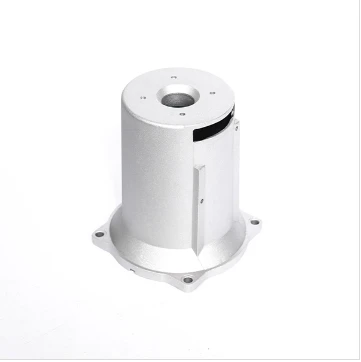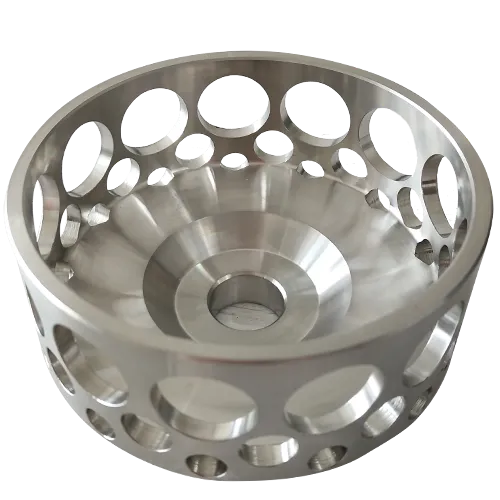Mobile:+86-311-808-126-83
Email:info@ydcastings.com
impeller on pump
The impeller on a pump is a critical component that significantly impacts the efficiency and performance of the pump system. As a cornerstone of fluid dynamics, the impeller plays an essential role in various industries, ranging from water treatment facilities to chemical processing plants. Understanding the nuances of impeller design and functionality is paramount for ensuring optimal pump performance.

An impeller's primary function is to transfer energy from the motor to the fluid being pumped. This is achieved by rotating the impeller, which creates a centrifugal force that propels the fluid through the pump casing. The design of the impeller, including the number of blades, their angle, and the diameter, all dictate the flow rate and pressure head that can be achieved.
Expertise in selecting the appropriate impeller involves a deep understanding of the specific application requirements. Pumps may be used for transporting clean water or for more abrasive and viscous fluids like slurries. This diversity necessitates a variety of impeller designs. For instance, open impellers are advantageous for handling solids but may wear quickly, while closed impellers offer higher efficiency and are suitable for clear fluids.

The authority in this field stems from years of innovation and engineering advancement. Industry leaders in pump manufacturing continuously improve impeller technology, incorporating materials that offer enhanced durability and resistance to corrosion and wear. High-performance alloys and engineered plastics are often used to extend the life and reliability of pump impellers in challenging environments.
impeller on pump
From a trustworthiness perspective, sourcing impellers from reputable manufacturers ensures that the products meet stringent quality and safety standards. Certifications and compliance with industry norms like ISO and ANSI are essential indicators of a manufacturer’s credibility. Furthermore, partnering with suppliers who offer robust customer service and technical support can provide additional peace of mind.
In practice, maintaining the performance of an impeller involves regular inspection and maintenance. Operators should look for signs of wear, such as pitting or erosion, which could lead to reduced efficiency or pump failure. Implementing a proactive maintenance schedule can mitigate these risks, extending the lifespan of both the impeller and the pump.
Real-world experience highlights the significant impact of choosing the right impeller for a specific pump application. Case studies reveal that optimizing impeller selection can lead to substantial energy savings and reduced operational costs. For example, a pharmaceutical plant transitioning to a more efficient impeller design noted a 15% reduction in energy consumption, underscoring the economic benefits of expertise-driven impeller selection.
In conclusion, the impeller on a pump is not merely a component but a pivotal element that defines the pump's capabilities. With advancements in engineering and materials, the selection of an impeller takes on a strategic role in pump performance optimization. The confluence of experience, expertise, authority, and trustworthiness in this domain underscores the necessity of informed impeller choices to drive efficiency and reliability in fluid handling applications.
-
Impeller Technology That Powers Precision in Pump SystemsNewsMay.22,2025
-
Valve Durability Begins with Quality Cast Iron ComponentsNewsMay.22,2025
-
Performance Cooling with Advanced Automobile Water Pump SolutionsNewsMay.22,2025
-
How Motor Housing and Oil Pans Shape Engine PerformanceNewsMay.22,2025
-
How Metal Castings Drive Modern Manufacturing EfficiencyNewsMay.22,2025
-
Exploring the Engineering Behind Valve Body CastingsNewsMay.22,2025











